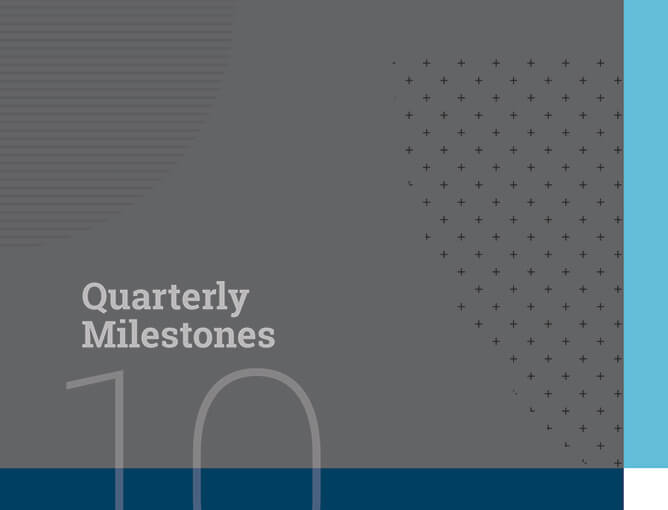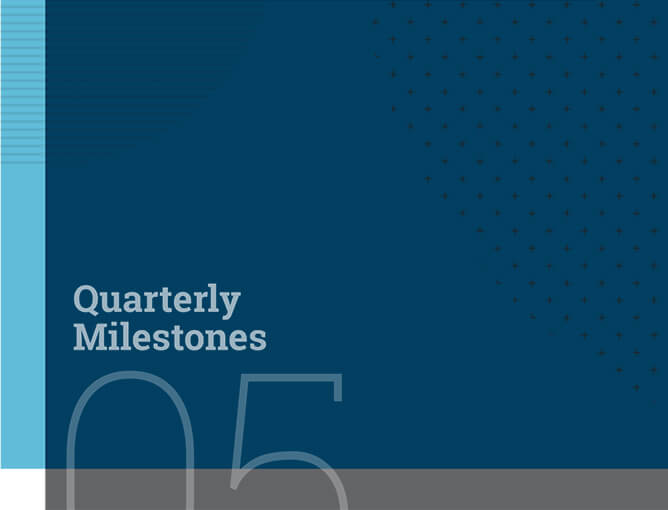
Himanshu SinhaPartner

Aditi GoyalCounsel

Aishwarya PalanSenior Associate
Key Developments
-
Angel tax provision – exempt entities notified; amendments proposed to the valuation rule
The angel tax provision was originally introduced by the Finance Act, 2012, ostensibly to deter the generation and use of unaccounted money. Under the provision, the consideration received by a privately held company (PLC) for the issue of shares in excess of the fair market value (Tax FMV) of the shares, is deemed to be the income of the PLC. Such income is taxed at the applicable corporate tax rate. The angel tax provision does not apply where the consideration for the issue of shares is received by PLCs from specified funds, or by notified start-ups that meet certain conditions. More importantly, until recently, the provision only applied to excess consideration received by a PLC on the issue of shares to resident investors.
The Finance Act, 2023 amended the existing angel tax provision to extend its application to non-resident shareholders as well. This amendment was seen as adversely impacting the ability of PLCs to raise capital at a premium from non-resident investors since, unlike shares issued to resident investors, shares issued to non-resident investors must also comply with the valuation requirements under the foreign exchange management (FEMA) laws. There were apprehensions that the valuation norms under the angel tax provision would conflict with the valuation norms under the FEMA regulations and impact the ability of PLCs to raise capital from non-resident investors. (To refer to our detailed update on the angel tax amendment, click here.)
Considering representations received from various stakeholders, the government has taken the following measures:
- The angel tax provision will not apply to recognised start-ups subject to the fulfilment of certain conditions;
- Share consideration received from notified investors will not be subject to angel tax; and
- The angel tax valuation rule – Rule 11UA of the Income Tax Rules, 1962 (Rules) – is proposed to be amended.
These measures are discussed in detail below.
-
Recognised start-ups exempted
The Central Board of Direct Taxes (CBDT), through a notification dated 24 May 2023, notified that the angel tax provision will not apply to consideration received for the issuance of shares by a PLC that is recognised as a start-up (i.e., a company that fulfils the conditions specified in para 4 of the notification number G.S.R. 127(E), dated 19 February 2019, issued by the Department for Promotion of Industry and Internal Trade). To avail of the exemption, start-ups must undertake certain compliances and meet stringent conditions such as recognition by specified agencies, paid-up capital to not exceed INR 25 crore (~USD 3 million), and prohibition on owning specified assets – like shares and securities, land and building, capital contribution to other entities – for a period of seven years from the end of the latest financial year in which shares are issued at a premium.
-
Consideration received from notified investors exempted
The CBDT has notified that the angel tax provision will not apply to share proceeds received by a PLC from the following categories of investors:
- Goverment and government-related investors such as central banks, sovereign wealth funds, international or multilateral organisations or agencies, including entities controlled by the government or where direct or indirect ownership of the government is 75% or more.
- Banks or entities involved in the insurance business where such entity is subject to applicable regulations in the country where it is established or incorporated or is a resident.
- Any of the following entities that is a resident of a specified country1 and is subject to applicable regulations in the country where it is established or incorporated or is a resident.
- Category-I Foreign Portfolio Investors registered with the Securities and Exchange Board of India (SEBI);
- Endowment funds associated with universities, hospitals or charities;
- Pension funds created or established under the laws of the specified countries;
- Broad-based pooled investment vehicles or funds where the number of investors is more than 50 provided the fund is not a hedge fund and does not employ diverse or complex trading strategies.
-
Proposed amendments to Rule 11UA
The government has issued the draft of the amended Rule 11UA (Draft Amendments) that proposes the following amendments:
-
Valuation methods
Rule 11UA currently permits equity shares to be valued using two methodologies - a modified Net Asset Value-based method and the Discounted Free Cash Flow method. The Draft Amendments propose five more methods to determine the Tax FMV of unquoted equity shares issued to non-residents investing in an Indian PLC (i.e., Comparable Company Multiple Method, Probability Weighted Expected Return Method, Option Pricing Method, Milestone Analysis Method and Replacement Cost Method). Depending upon the fact pattern, this may help resolve conflicts between the FEMA valuation and tax valuation insofar as equity shares issues are concerned.
-
Valuation date
It is proposed that where the valuation report issued by the merchant banker is dated not more than 90 days prior to the date of issue of shares, the company may choose to deem the date of the valuation report as the valuation date. This provides welcome flexibility and eases the administrative burden of obtaining the valuation report precisely on the date of issue of the shares.
-
Safe harbour limit
A safe harbour limit of 10% has been proposed for equity shares. To elaborate, for equity shares issued to non-resident investors, the issue price will be accepted as the Tax FMV for the angel tax provision, so long as it does not exceed the value computed using the prescribed valuation methods by more than 10%.
This should help account for foreign exchange fluctuations and variations in other economic indicators that may affect the valuation of unquoted equity shares. This should also provide some leeway to PLCs and investors and allow room for commercial bargaining (to the extent of 10%) without adverse tax implications.
-
Price matching
The Draft Amendments propose a price matching principle, which would apply in the following manner:
- Receipt of consideration by a venture capital undertaking from a venture capital fund/venture capital company/specified fund: A venture capital undertaking issuing equity shares to a venture capital fund/venture capital company/specified fund (funds registered as Category I and II Alternative Investment Funds registered with SEBI or regulated under the International Financial Services Centre Authority (Fund Management) Regulations, 2022) may, at its option, consider the issue price to be the Tax FMV and issue the same number of shares at the same price to another investor within a period of 90 days.
- Receipt of consideration from notified investors: Similarly, a PLC issuing equity shares to notified investors (such as the notified categories of investors discussed above) may, at its option, consider the issue price to be the Tax FMV and issue the same number of shares at the same price to another investor within a period of 90 days.
-
The measures announced by the government are welcome and are expected to relieve some concerns raised by non-resident investors. The exemption of certain entities (such as government entities, sovereign funds, etc.) from the applicability of the angel tax provision is expected to encourage continued funding from such entities. That said, it is pertinent to note that funds resident in certain jurisdictions, such as Singapore, UAE, Mauritius, Ireland, Luxembourg and the Netherlands from which significant investments are made into India, are currently not included in the list of specified countries. Therefore, share proceeds from investors and funds from these countries would not be exempt from the applicability of angel tax.
The proposed amendments to Rule 11UA should provide relief in terms of flexibility on the valuation date and methods, as well as the safe harbour of up to 10% while calculating the Tax FMV of equity shares. However, the Draft Amendments have not been extended to issuances of preference shares. To this extent, it appears that the issuance of preference shares will continue to be governed by the open market value rule for tax purposes. This value will need to be carefully compared with the fair market value under the FEMA regulations to assess if there are any valuation conflicts. It will be worthwhile to note the final amendments made to Rule 11UA in due course.
[1] Australia, Austria, Belgium, Canada, Czech Republic, Denmark, Finland, France, Germany, Iceland, Israel, Italy, Japan, Korea, New Zealand, Norway, Russia, Spain, Sweden, United Kingdom and the United States have been notified by the CBDT as specified countries.













